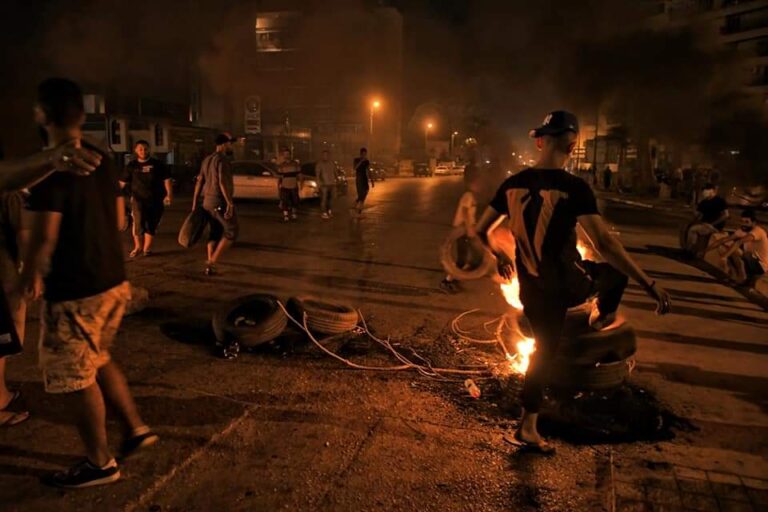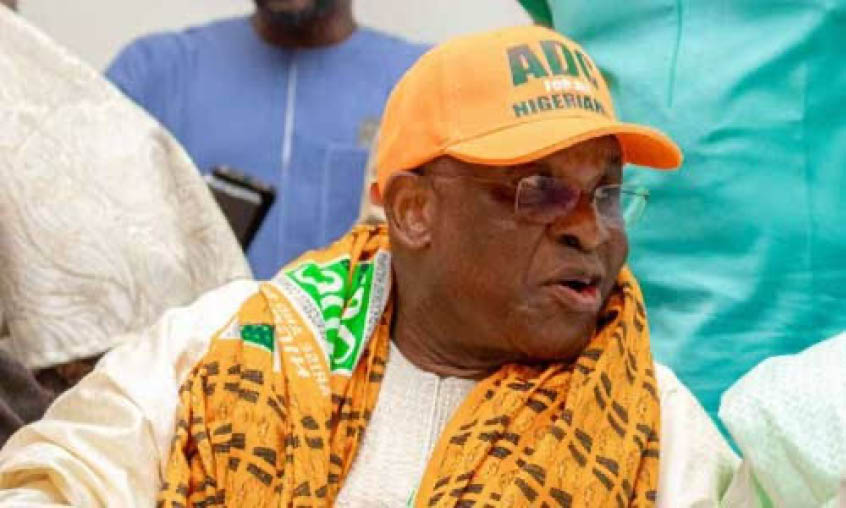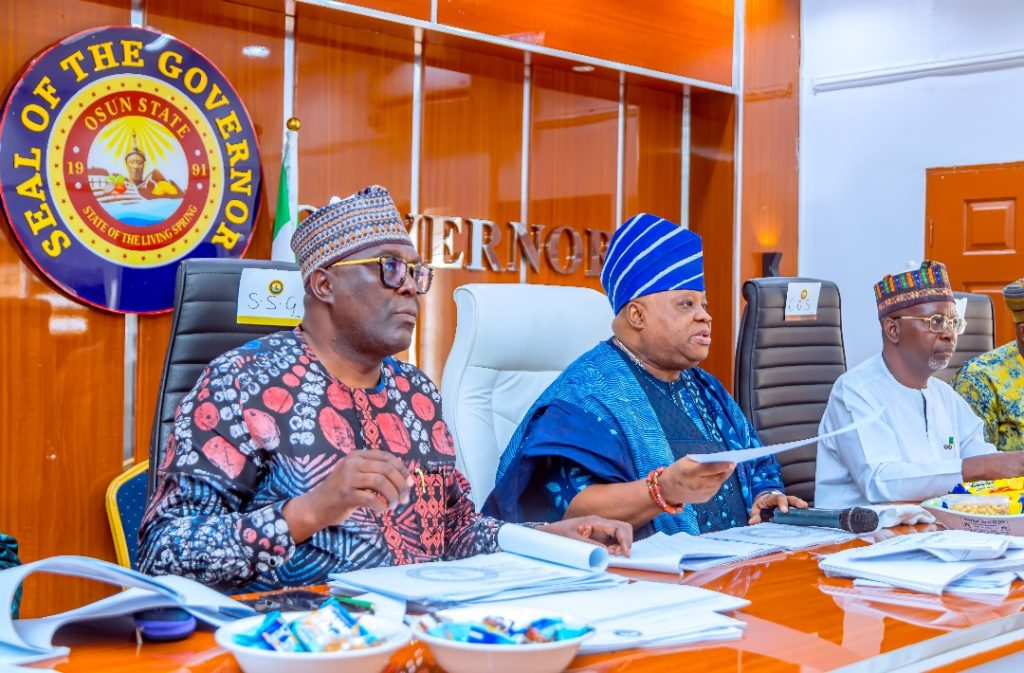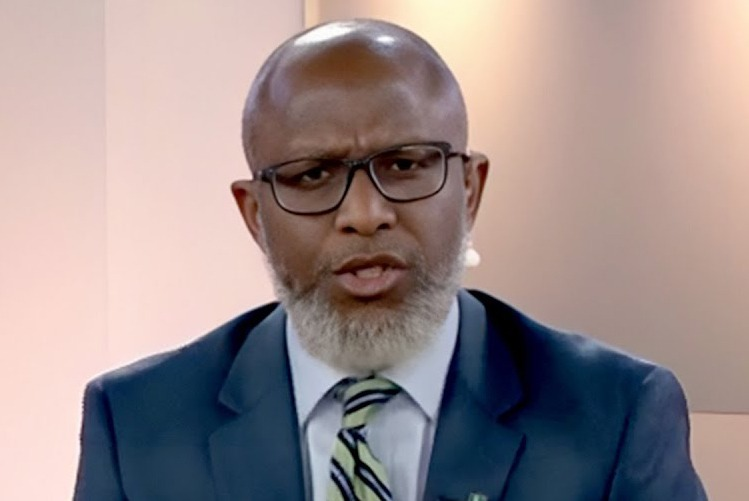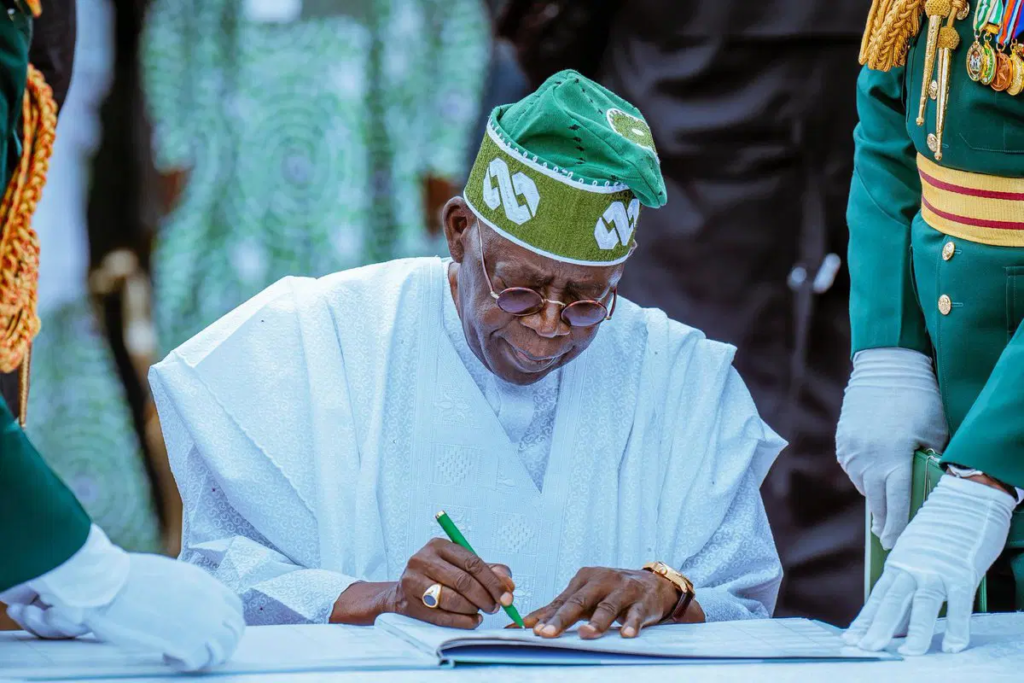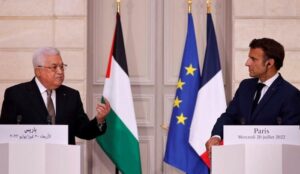Libya’s PM has suspended his foreign minister after she met informally with her Israeli counterpart.
Libya – a strong backer of the Palestinian cause – does not recognise Israel, and the meeting has sparked protests in the majority Arab state.
Israeli FM Eli Cohen said the meeting with Najla al-Mangoush was a historic first step in establishing relations.
Israel is working to build closer ties with Arab and Muslim-majority countries which do not officially recognise it.
However Libya’s presidential council, which represents its three provinces, said it was illegal to normalise relations with Israel.
The Speaker’s Office in parliament has accused Ms Mangoush of grand treason, and Prime Minister Abdul Hamid Dbeibah has referred her for investigation.
The statement was also unusual in its level of detail, perhaps intended to offset any anticipated denial from the Libyan side – also by identifying and acknowledging Italian foreign minister Antonio Tajani for hosting the meeting in Rome.
On Monday, an unnamed Israeli official told Reuters news agency that the meeting was agreed in advance “at the highest levels” in Libya and lasted more than an hour.
In his statement on Sunday, Mr Cohen said he met Ms Mangoush last week on the sidelines of a summit in Rome, and that they discussed “the great potential for the relations” between Israel and Libya.
He said they talked about Israeli aid in humanitarian issues, agriculture, water management and the importance of preserving Jewish heritage in Libya, including renovating synagogues and cemeteries.
However, Libya’s foreign ministry said Ms Mangoush had rejected a meeting with representatives from Israel, and what had taken place was “an unprepared, casual encounter during a meeting at Italy’s foreign affairs ministry”.
Protests broke out in the capital Tripoli and some other cities following news of the meeting. Roads were blocked, tyres burnt and demonstrators waved the Palestinian flag, though the protests appear to have been relatively small.
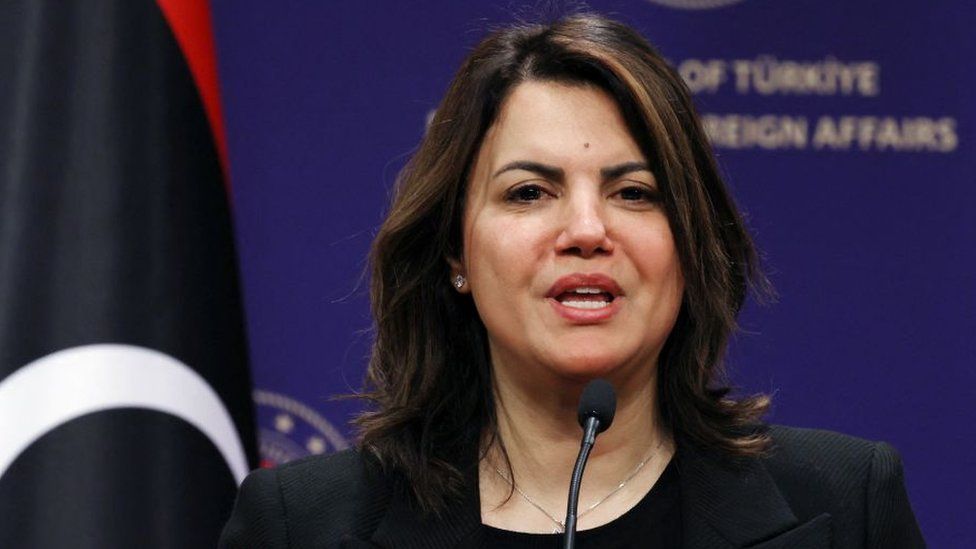
Libya has been in turmoil for years, with the country split between the interim, internationally recognised government in Tripoli and a rival one in the east.
Should any deal between Israel and Libya be brokered, it would be complicated by that political division, which has existed since Gaddafi’s overthrow 12 years ago.
Gen Khalifa Haftar of the Libyan National Army (LNA) runs the rival government in the eastern coastal city of Tobruk.
In recent years, Israel has pursued formal ties with Arab League countries with which it does not have formal relations – from moderate states to historical foes.
On Sunday evening, Libya’s Presidential Council requested “clarification” from the government over what had happened. The Presidential Council carries out the functions of head of state and is in charge of the country’s military.
A letter from the body said the meeting between the two foreign ministers “does not reflect the foreign policy of the Libyan state, does not represent the Libyan national constants and is considered a violation of Libyan laws which criminalise normalisation with the ‘Zionist entity'”.
It also asked Mr Dbeibah “to apply the law if the meeting took place”.
BBC

